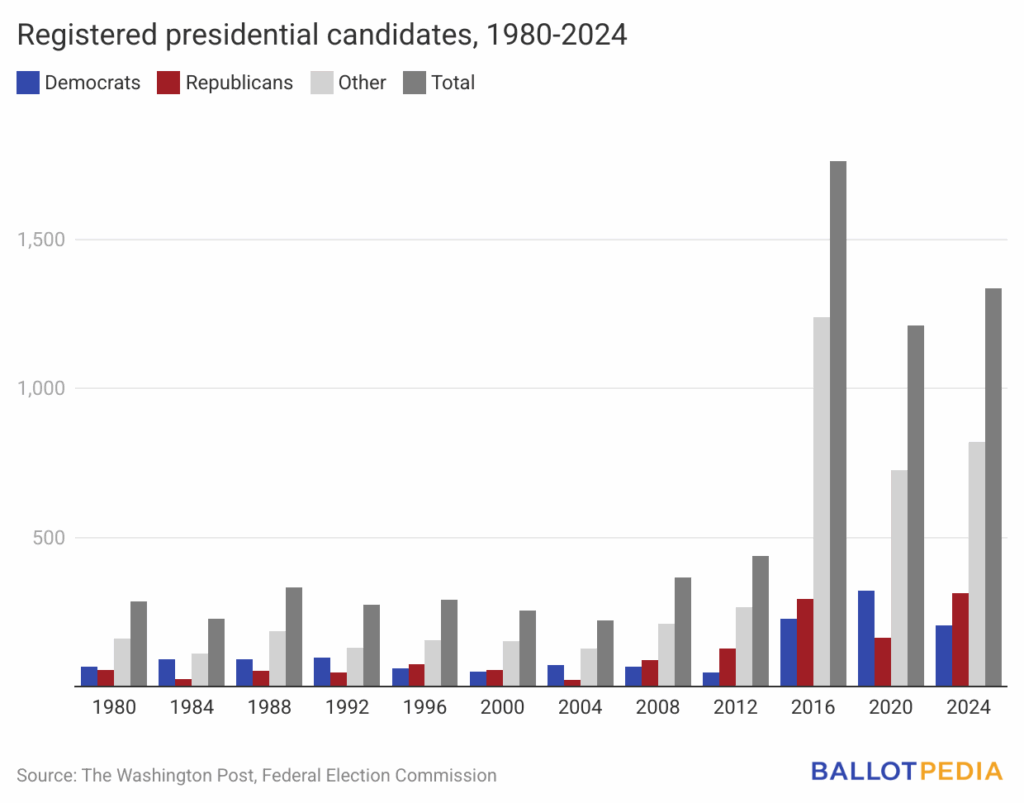California Legislature approves congressional redistricting amendment for November 2025 ballot
On Aug. 21, California lawmakers approved and Gov. Gavin Newsom (D) signed legislation to put a constitutional amendment on the Nov. 4 ballot to redraw the state's congressional districts.
Under Proposition 50, California would use the congressional district map from Assembly Bill 604 (AB 604). AB 604, which contains the proposed congressional district map, cannot take effect without voter approval of Proposition 50.
The proposed map would replace the existing maps, which the 14-member Citizens Redistricting Commission adopted on Dec. 27, 2021, for elections from 2022 through 2030. The Citizens Redistricting Commission would then redraw congressional districts in 2031.
For context, earlier in the week, on Aug. 20, Republicans in the Texas House approved new congressional maps in an 88-52 party-line vote. On Aug. 23, Republicans in the Texas Senate approved the new congressional map in an 18-11 party-line vote. Texas Gov. Gregg Abbott (R) signed the bill on Aug. 29.
The difference between total Democratic and Republican registered voters is the smallest it has been since 2000
Thirty states, the U.S. Virgin Islands, and the District of Columbia offer public information, including partisan affiliations, on their registered voters. Forty-nine states require people to register to vote. The only exception is North Dakota, which abolished voter registration in 1951.
Democrats have led Republicans, Independents, and other third parties in total voter registrations for more than 20 years, but new 2025 data shows that their lead is the smallest it has been since 2000. Meanwhile, Republicans have their highest number of registered voters since 2000.
Lawmakers in 42 states have adopted or enacted 337 administrative state-related bills and resolutions in 2025
In Friday’s Brew, we featured our new Administrative State 2025 Legislation Report.
The administrative state refers to executive branch agencies at the state and federal levels, staffed by unelected officials. These agencies have the authority to create, interpret, and enforce regulations.
Through Aug. 20, Ballotpedia has identified 2,038 bills and resolutions related to the administrative state introduced in state legislatures. Lawmakers in 42 states adopted or enacted 337 (including six through veto overrides).
- Thirty-seven states passed 144 laws that decreased agency control.
- Thirty-seven states passed 128 laws that increased agency control.
- Fifty-six bills and resolutions did not clearly increase or decrease agency control.
- Nine bills and resolutions increased agency control in some ways and decreased it in others.
Almost 200 candidates have filed to run in the 2028 presidential election
With more than 1,100 days to go until the next presidential election, some candidates have already filed to run.
As of Aug. 25, 175 candidates have filed with the Federal Election Commission (FEC) to run in the 2028 presidential election. The FEC is responsible for disclosing campaign finance information, enforcing limits and prohibitions on contributions, and overseeing the public funding of presidential elections.
Of the candidates who have filed so far, 39 are Democrats, 44 are Republicans, and 92 are independent or minor party candidates.
Hundreds of individuals will file with the FEC to run for president during the next presidential election cycle. Recent election cycles have seen a sharp uptick in the total number of filed candidates. One reason for this increase is likely due to the 2015 introduction of e-filing at the FEC, which allows individuals to submit candidacy forms online rather than by mail.



